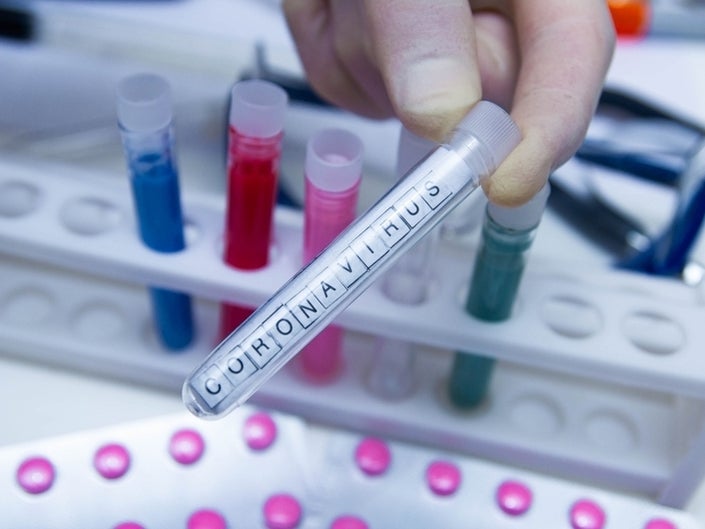COVID-19: Don’t Get False Sense Of Security, WHO Cautions Africa
Despite the comparatively low incidence of COVID-19 cases and deaths, the World Health Organisation, WHO, has warned Africa against complacency about the pandemic, saying the continent faces a high risk of resurgence of infections.
One of the reasons for the resurgence is not unconnected with the fact that the actual number of COVID-19 infections is much higher than announced.
Others include low testing and vaccination rates, poor adherence to public health measures, mass gatherings, vaccine hesitancy, and an overall sense of complacency among many Africans.
Since the onset of the pandemic in December 2019, Africa has been spared the worst of the crisis.
Despite the false sense of calm, however, the World Health Organisation (WHO) has warned that African countries are not out of the woods by any margin.
In a risk assessment of 46 countries, the WHO highlighted that just one country faces a low risk of COVID-19 resurgence. Three countries face a very high risk, 20 face high risks and 22 faces moderate risk of resurgence.
The risk was estimated using seven indicators with data from the past four weeks, including COVID-19 cases per million people; the percentage of change in new cases; the percentage of change in new deaths; the reproductive number (the rate at which an infection spreads); the pandemic trend; the average weekly number of tests per 10 000 people; and the percentage of the population that has received at least one vaccine dose.
According to WHO, most countries in the Africa region are experiencing community transmission, yet 31 out of the 46 countries analysed performed fewer than 10 tests per 10,000 people per week in the past four weeks.
“This suggests that the number of cases reported in the past 28 days may not reflect the true situation as countries continue to target only people with symptoms for testing.
”With more than 4.5 million confirmed cases and over 121,000 deaths to date, Africa has not experienced a significant surge in cases since January and the epidemic curve has leveled out for six weeks running. It is this relatively low number of cases that is encouraging complacency and reducing observance of preventive measures.
For instance, in Nigeria, people are becoming carefree and indifferent about the pandemic and even though vaccination campaigns have rolled out for weeks, enthusiasm has waned since the onset of shortages of vaccine doses and reported incidences of adverse effects among recipients of some vaccines.
The adherence to the Non-Pharmaceutical Interventions and other safety protocols such as wearing of face masks, hand hygiene, and social distancing has dropped drastically.
Worse still, political rallies in countries such as Benin, Cote d’Ivoire, Guinea, and Kenya caused a spike in new cases and upcoming elections in Cabo Verde, Ethiopia, The Gambia, Sao Tome, and Principe, and Zambia could also trigger a rise in cases due to mass gatherings. Concerned about the situation, the WHO Regional Director for Africa, Dr Matshidiso Moeti cautioned that the pandemic is not over in Africa. “We cannot be lulled into a false sense of security. The devastating surge of cases and deaths in India, and increases in other regions of the world, are clear signs that the pandemic is not yet over in African countries.
“A new upsurge of COVID-19 infections is a real risk in many countries even if the region’s case count in recent weeks appears to be stable. “Combating COVID-19 fatigue appears to be the key battle in our collective response to the pandemic.
“The pandemic’s shockwaves have persisted, but we must work hard to ensure that they do not become intractable and further weaken the health system’s capacity to cope with potential surges in COVID-19 infections,” Moeti said.
‘Most new cases are still not being detected among known contacts. Investigation of clusters of cases and contact tracing are worryingly low in most countries in the region. We must scale up testing including through rapid diagnostic tests to enhance response to the pandemic.” WHO urges countries to step up case finding in areas with widespread community transmission, increase capacity to isolate cases, and reorganise the health workforce including by redeploying health workers to the most affected areas.
The pandemic has had a widespread impact across many sectors; with key health services in several African countries still reeling from disruptions experienced more than a year since the first cases were confirmed on the continent.




